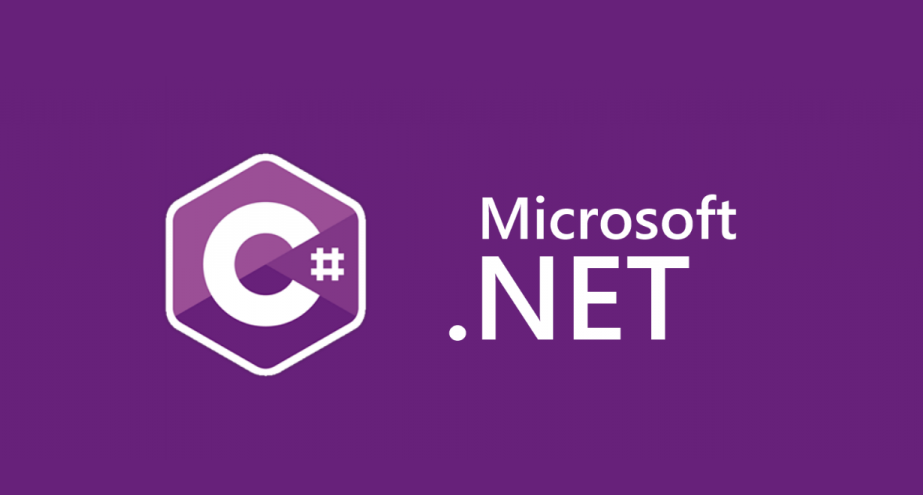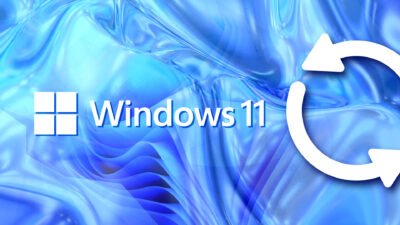Microsoft Reverts Decision To Remove Hot Reload Function For .NET In Visual Studio

Microsoft came under attack from the open-source .NET developers after the group’s decision to remove the hot reload function for .NET from Visual Studio. They expressed their anger and now they have got Microsoft to backtrack again.
The announcement and the withdrawal took place within a very short time. That’s what it’s all about: Microsoft presented a hot reload function for .NET in Visual Studio with Visual Studio 2019. In July, the group had announced some new advantages of the hot reload function, which are still being worked on. The hot reload saves a lot of time when developing applications, since changes are applied directly and do not have to be restarted, and the function works together with debuggers.
First message: Hot reload function is removed
But then suddenly it was said that the hot reload function would be withdrawn. Media reports suggested that this should be done in favor of Visual Studio sales. Microsoft said: “We have decided that starting with the upcoming .NET 6 GA release, we will only activate the hot reload functionality via Visual Studio 2022.”
The announcement of the removal of Hot Reload came as a surprise and was received with dismay by .NET developers. Developer tools are strategically important to a platform company like Microsoft: Put simply, they attract programmers to the platform. The decision to limit the availability of Hot Reload was therefore incomprehensible to many. The fact that Microsoft only announced the decision after the publication of two release candidates removed many users.
Microsoft has now responded twice to the developers’ criticism. First, it was explained that the function will not be published now. “We are investing all of our energy in Visual Studio 2022,” it said in a blog post.
Scott Hunter, Director of Program Management at .NET then gave the second response. He withdrew the previously reported “discontinuation” and wrote: “First of all, we apologize. We made a mistake in executing our decision and it took longer than expected to respond to the community. We approved the pull request to re-enable this code path and it will be included in the GA build of the SDK for .NET 6. “
Digital marketing enthusiast and industry professional in Digital technologies, Technology News, Mobile phones, software, gadgets with vast experience in the tech industry, I have a keen interest in technology, News breaking.












